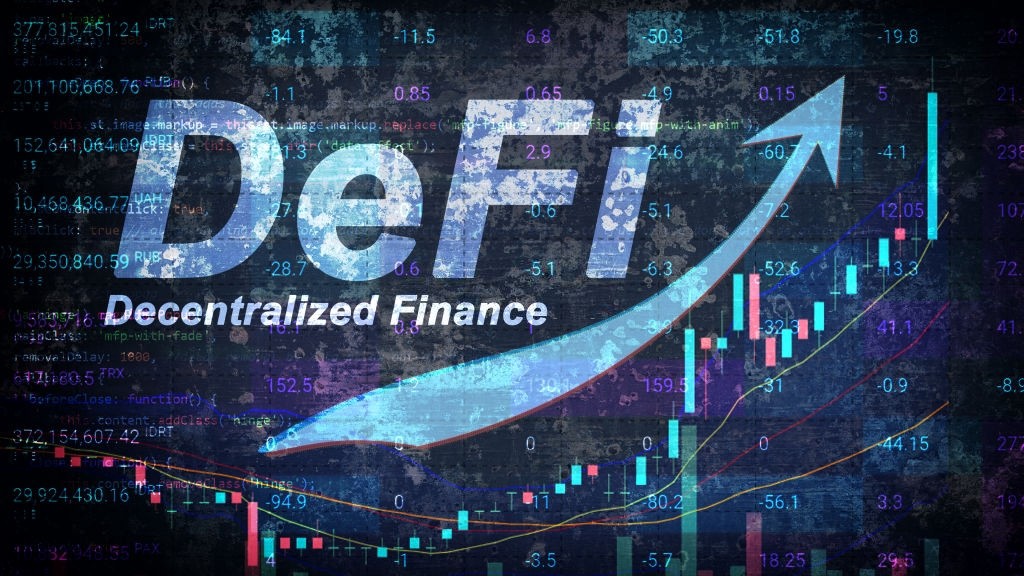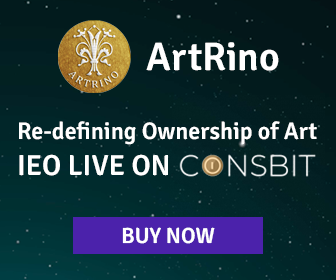If you want to invest in or trade DeFi, you will need to register with a DeFi exchange. In this article, we will review the 10 best defi exchanges to consider in 2022.
What Are The Best DeFi Exchanges For Beginners?
1. UniSwap
Uniswap is a decentralised exchange built on the Ethereum blockchain that allows users to trade ERC20 tokens. It is one of the most popular DeFi exchanges with a 24-hour trading volume of over $1 billion.
-Pros: One of the most popular and well-known DeFi exchanges, UniSwap offers a wide variety of assets to trade. The interface is simple and easy to use, making it a great choice for beginners. In addition, UniSwap offers very competitive fees, with no gas fees for trades.
-Cons: Although UniSwap is one of the more popular DeFi exchanges, it does not offer as many features as some of the other exchanges on this list. For example, there is no order book or charting tools available.
2. SokuSwap
SokuSwap was founded in 2020 and is a decentralised exchange built on the Binance Smart Chain. It offers a wide variety of assets to trade with low fees. Users can also use the platform to stake their crypto and earn interest from their holdings.
-Pros: SokuSwap offers some of the lowest fees in the industry, with no gas fees for trades. In addition, it offers a wide variety of assets to trade and a simple interface that is easy to use. The platform also offers a range of educational guides to help users make smart decisions regarding their trading.
-Cons: One of the downsides of SokuSwap is that it is a fairly new exchange and does not have the same level of liquidity as some of the other exchanges on this list.
3. Bancor Network
Bancor Network is a decentralised exchange that allows users to trade a variety of assets, including ERC20 tokens. It offers a simple interface and competitive fees.
-Pros: One of the advantages of Bancor Network is that it offers a wide variety of assets to trade. In addition, it has a simple interface that is easy to use. The platform also offers competitive fees, with no gas fees for trades.
-Cons: While the platform is transparent, Bancor Network is not suitable for active traders. It also isn’t great for beginners or anyone who is unfamiliar with the Ethereum blockchain.
4. Kyber Network
Kyber Network is a decentralised exchange that was founded in 2017. It allows users to trade a wide variety of ERC20 tokens with fairly low fees. Furthermore, Kyber Network offers a mobile app for trading on the go.
-Pros: Kyber Network offers a wide variety of assets to trade and a simple interface that is easy to use. The platform also offers competitive fees, with no gas fees for trades. In addition, Kyber Network has an active community and developers who are constantly working on improving the platform.
-Cons: Kyber Network is not suitable for active traders due to the lack of an order book. However, this is a common feature on DeFi exchanges.
5. AirSwap
AirSwap is a popular DeFi exchange that supports the peer-to-peer trading of a wide variety of ERC20 tokens. The platform uses smart contracts to facilitate trades and is known for its low fees.
-Pros: AirSwap has some of the most competitive fees on the market. The platform is also easy to navigate and offers complete control of funds to it’s users.
-Cons: Some major cryptocurrencies including Bitcoin and Ethereum are not available to trade on AirSwap. In addition, the platform is best suited for experienced traders as it does not offer much in the way of resources for beginners.
6. IDEX
IDEX is a decentralised exchange that offers real-time trading and supports a wide variety of ERC20 tokens. It also has a mobile app for trading on the go and is available to use in most major countries.
-Pros: The main advantage of IDEX is that it offers real-time trading. This is a major benefit for those who want to trade quickly and efficiently. In addition, the platform offers a live chat feature where you can ask questions and receive support.
-Cons: One downside of IDEX is that it can be challenging to use for beginners. The platform also has a limited selection of assets available to trade.
7. DDEX
DDEX is a decentralised exchange that offers a simple and user-friendly interface. It supports the trading of a wide variety of ERC20 tokens and also has a mobile app.
-Pros: The main advantage of DDEX is its simplicity. The platform is easy to use and navigate, even for those who are new to trading. In addition, the platform offers competitive fees and a wide variety of assets to trade.
-Cons: One downside of DDEX is that it does not offer much in the way of resources or support for beginners. However, this is common among DeFi exchanges.
8. ForkDelta
ForkDelta is a decentralised exchange that was created as a fork of EtherDelta. The platform was created after EtherDelta became the target of a DNS hijacking scheme in 2017. The exchange only supports trading in ERC20 tokens.
-Pros: ForkDelta is secure and has a reputation for being reliable. The platform also charges low fees and is a good option for more experienced traders.
-Cons: One downside of ForkDelta is that it has a user interface which may be difficult for beginners to navigate. However, it is possible to learn by following a guide.
9. Binance DEX
Binance DEX is a decentralised exchange that was created by the popular cryptocurrency exchange, Binance. The platform offers a wide variety of features and supports the trading of a wide range of assets.
-Pros: The main advantage of Binance DEX is its security. The platform uses the same security protocol as Binance Exchange, which is one of the most secure exchanges in the world. In addition, Binance DEX has a simple interface that is easy to use.
-Cons: One downside of Binance DEX is that it is not available in all countries. However, this is to be expected as the platform is still in development.
10. Waves DEX
Waves DEX is a hybrid decentralised exchange. This means that it combines the features of a centralised exchange with those of a decentralised exchange. The platform supports the trading of a wide variety of assets and also has a mobile app.
-Pros: Waves DEX is a good option for those who want the security of a decentralised exchange with the convenience of a centralised exchange. The platform is also available in most countries and offers competitive fees.
-Cons: One downside of Waves DEX is that it charges trading fees of 0.2%. This is higher than some other exchanges, which can charge as low as 0.1%.
Best DeFi exchanges- Conclusion
The best DeFi exchanges are those that offer a good mix of security, convenience, and low fees. However, the best exchange for you will depend on your individual needs and preferences. Be sure to research each exchange thoroughly before deciding to trade on it.
Frequently asked questions?
On what exchange can I buy DeFi?
Popular DeFi exchanges include UniSwap, SokuSwap, and IDEX. However, there are many other exchanges that offer DeFi trading.
What DeFi exchange has the lowest fees?
SokuSwap is a DeFi exchange that offers low fees. The platform charges a flat fee of 0.3% for all trades.
Is it safe to trade on a DeFi exchange?
While there is always some risk involved in trading, DeFi exchanges are generally considered to be safe. This is because they use decentralised infrastructure, which makes them less vulnerable to hacks and other security threats.
What is the best DeFi exchange for beginners?
The best DeFi exchange for beginners is SokuSwap. The platform is easy to use and navigate, and it offers competitive fees. It also has a wide variety of assets to trade.









